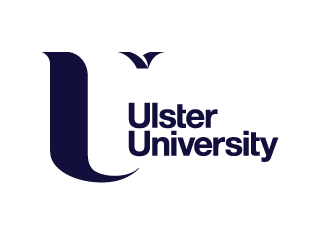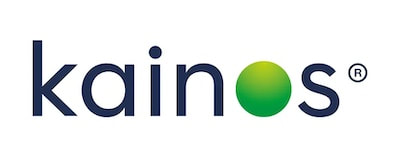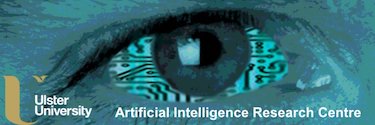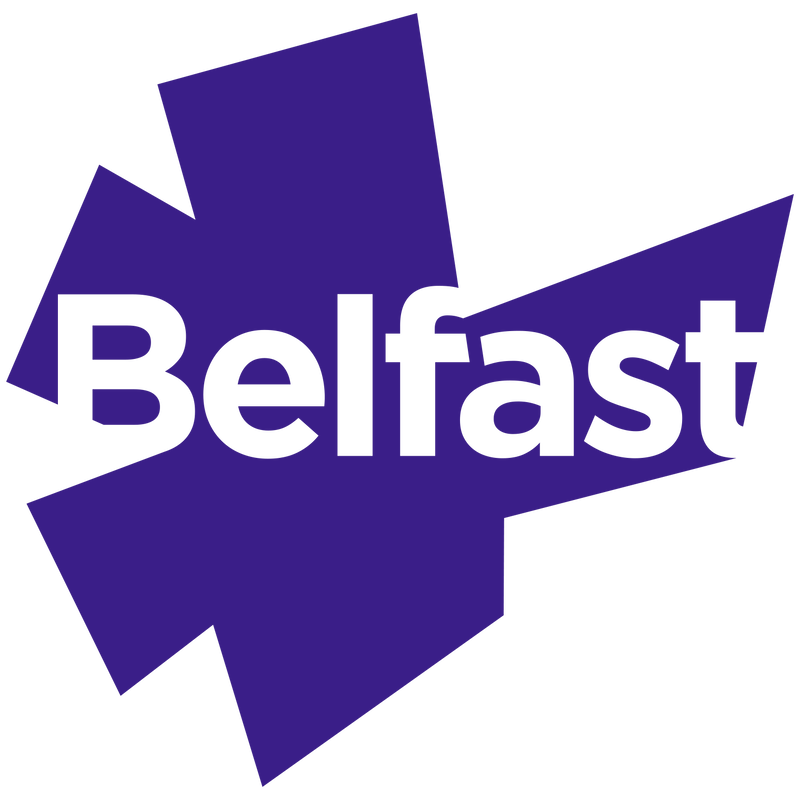Hearing Aids as Reduced Capability Ultra-Reliable Low-Latency IoT Devices
Prof. Mathini Sellathurai
Prof. Mathini Sellathurai
Abstract:
An estimated 1.2 million adults in the U.K. have hearing loss severe enough to be unable to hear most conversational speech (Source: https://rnid.org.uk/). This talks about next-generation hearing aids and devices that offload noise cancelling processing to the 5G/6G cloud and effectively remove unwanted noises, including multiple speaker noises, from the signal before being returned to the user. This technology can improve the quality of headphones, robotics, hearing aids, smart glasses and radios in a noisy environment. 5G helps us to improve audio signal quality by offloading processing to the cloud and meeting two fundamental requirements: low latency enables lag-free communication, and high data rate enables reliable uplink (for video feed).
An estimated 1.2 million adults in the U.K. have hearing loss severe enough to be unable to hear most conversational speech (Source: https://rnid.org.uk/). This talks about next-generation hearing aids and devices that offload noise cancelling processing to the 5G/6G cloud and effectively remove unwanted noises, including multiple speaker noises, from the signal before being returned to the user. This technology can improve the quality of headphones, robotics, hearing aids, smart glasses and radios in a noisy environment. 5G helps us to improve audio signal quality by offloading processing to the cloud and meeting two fundamental requirements: low latency enables lag-free communication, and high data rate enables reliable uplink (for video feed).
|
Mathini Sellathurai (IEEE Fellow) is currently a professor of signal processing and wireless communications and Dean of Science and Engineering at Heriot-Watt University, Edinburgh, U.K. She has been active in signal processing research for the past 20 years and has a solid international track record in wireless communications. She held visiting positions with Bell-Laboratories, Holmdel, NJ, USA, and at the Canadian Communications Research Centre, Ottawa, Canada. She has published over 250 peer-reviewed papers in leading international journals and conferences, given invited talks, and written several book chapters and two research monographs. Her present research includes machine learning and statistical signal processing techniques applied to wireless communications, radar, assistive care, robotics and hearing aids. She is a recipient of an IEEE Communication Society WIE mentorship award (2022), the Fred W. Ellersick Best Paper Award (2005), the Industry Canada Public Service Awards for contributions to Science and Technology (2005), and Awards for contributions to Technology Transfers to Industry (2004). She received the Natural Sciences and Engineering Research Council of Canada (NSERC) Doctoral Award for her Ph.D. dissertation 2002. She was an Editor for IEEE TRANSACTIONS ON SIGNAL PROCESSING from 2009 to 2018, the General Chair of IEEE Signal Processing Advances in Wireless Communications (2016) in Edinburgh, and a member of the IEEE SPCOM Technical Strategy Committee from 2014 to 2019. She is a member of the IEEE History Committee and Strategic Advisory Board of Engineering and Physical Sciences Research Council, U.K., for Information and Communications Technologies. .
|










